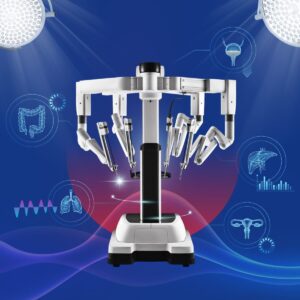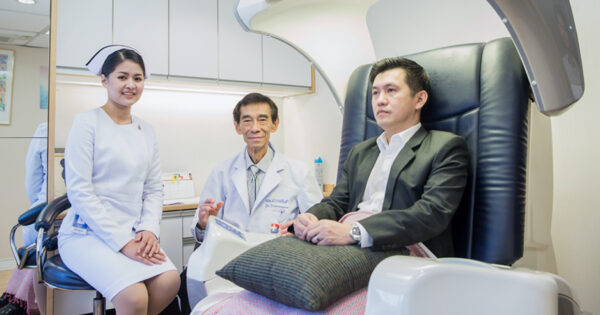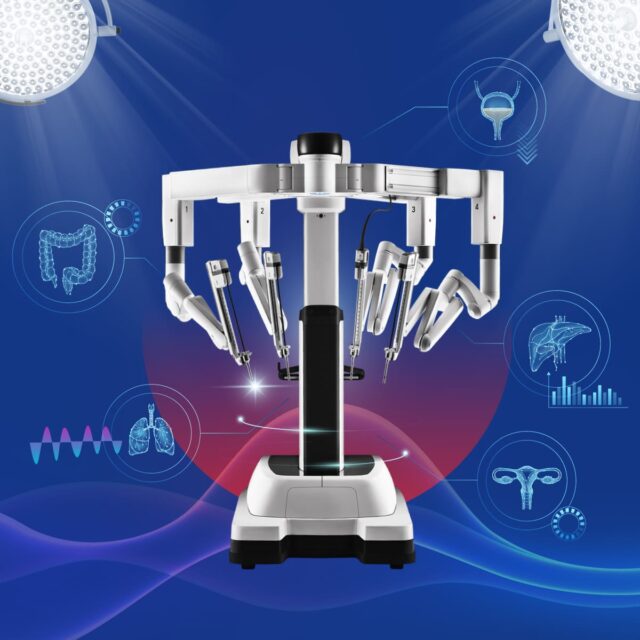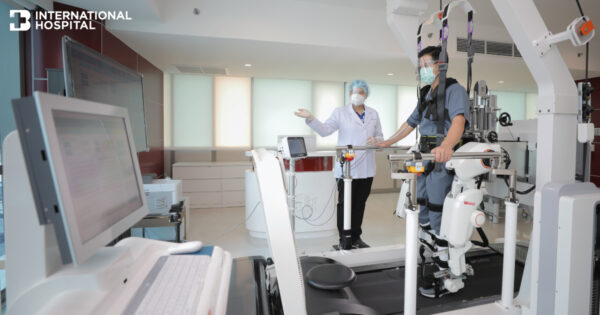Incontinence, inability to hold urine, feeling pain and leaking urine immediately, barely making it to the bathroom in time. This issue might not be widely discussed in public, as some who experience these problems feel ashamed. Many are worried to the extent that they do not want to leave the house. Today, with advances in medical technology, seldom discussed before, this year has seen the publication of research beneficial to patients with urinary incontinence. The Bangkok Urology Center, Bangkok Hospital, thus offers an additional treatment option with a pelvic floor muscle trainer using a magnetic field system.
Dr. Damrongpan Vatthanascho, Director of the Bangkok Urology Center, Bangkok Hospital, explained that the function of pelvic floor muscles is to contract when coughing, sneezing, or straining, preventing involuntary leakage, supporting organs in the abdomen, especially when standing, protecting organs in the pelvic area, controlling urination and bowel movement, and playing a role during sexual intercourse. When there’s pregnancy, childbirth in women, or overweight conditions, it can result in weakened pelvic floor muscles and not as tight as before.
Whenever the pelvic floor muscles are weak, it may lead to various symptoms such as inability to hold urine, leaky urination, which is a common problem in women, not just in the elderly. Causes of urinary incontinence include:
- Weakening pelvic floor muscles from childbirth, aging, and genetic factors as well.
- Weak bladder muscles, diminished sensory nerves, normally, the bladder stays closed, and you do not urinate until you feel the urge. But in people with this issue, even if they do not want to urinate, they cannot hold it, leading to involuntary urine leakage or “overactive bladder,” which can happen at any age due to abnormal nervous control over the bladder muscles, causing them to contract more often and quickly than normal, resulting in frequent urge to urinate, especially at night, or suddenly feeling the need to urinate.
- Obesity, increased body weight results in increased pressure on the bladder.
- Various lifestyle behaviors, eating patterns, foods that can irritate the bladder such as caffeinated drinks, chocolate, soda, can also cause urinary incontinence. Moreover, women entering menopause after ceasing menstruation, where the vaginal and pelvic floor muscles are not sturdy, cannot close the urethra tightly.
For men with weak pelvic floor muscles, it may lead to sexual performance problems, which can occur at any age but often are associated with older age. These mechanisms are complex, with sexual performance issues potentially stemming from both physical and psychological problems. However, if there is a condition of weak pelvic floor muscles, it will affect the erection of the penis, reduce seminal discharge, and result in premature ejaculation. Good pelvic floor muscle training can help these muscles regain their strength close to original levels. For example, training with a pelvic floor muscle trainer is a modern medical tool emphasizing stronger pelvic floor muscles using a magnetic field system to stimulate the nervous system and muscles in the pelvic region. This helps the pelvic floor muscles contract and relax more efficiently, strengthening the muscles in that area, improving the ability to hold urine, alleviating pre-bathroom urination leakages, providing a new option for therapy and treating abnormalities of the pelvic floor muscles. Additionally, the magnetic field stimulates the lower nervous system, also alleviating lower back pain, since weak pelvic muscles affect the spinal nerves and the body’s upper weight bearing, leading to back pain as well.
Getting early treatment can help alleviate severe future disease symptoms, returning to normal quicker. The Bangkok Urology Center, Bangkok Hospital, offers diagnostic and treatment services with modern medical devices, including specialized tests in other areas such as the nervous system, bladder, prostate gland, and genital organs.
For more information, please contact the Bangkok Urology Center
Phone: 02-310-3009 or Call Center 1719














